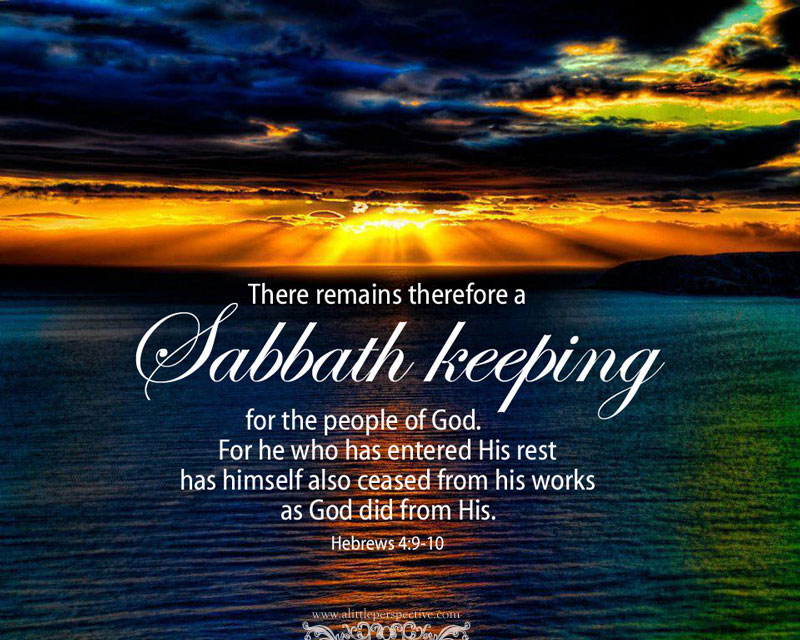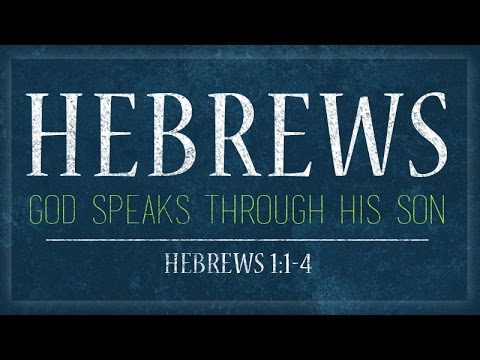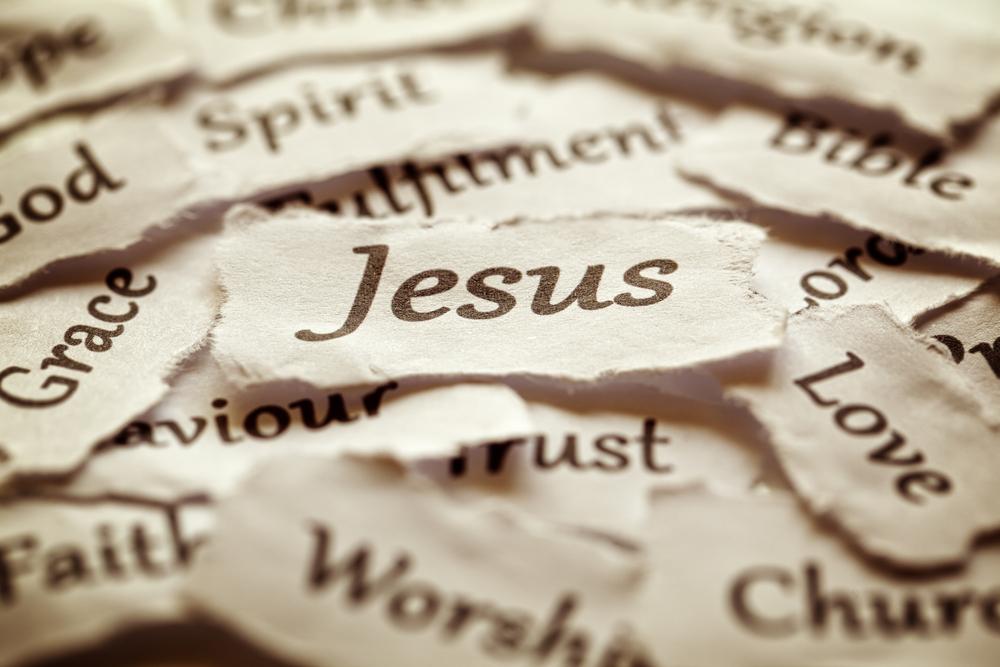Risen Indeed!
/Preacher: Alan Cameron
Verses: Luke 24:1-12
In the days before television, a radio programme ‘Consider Your Verdict’ fascinated me. The listener was required to evaluate evidence presented and whether one’s verdict coincided with that of the court. It made for entertaining ‘theatre of the mind’. The evidence for the resurrection transcends the realm of entertainment. It demands a verdict. “The message of Easter is either the supreme fact in history or else a gigantic hoax” argues Prof J.N.D Anderson. It is literally a matter of life and death not just a comforting story. The Apostle Paul put it this way: “If Christ has not been raised, our preaching is useless and so is your faith. More than that, we are then found to be false witnesses about God.” (1 Cor 15:14,15)






















